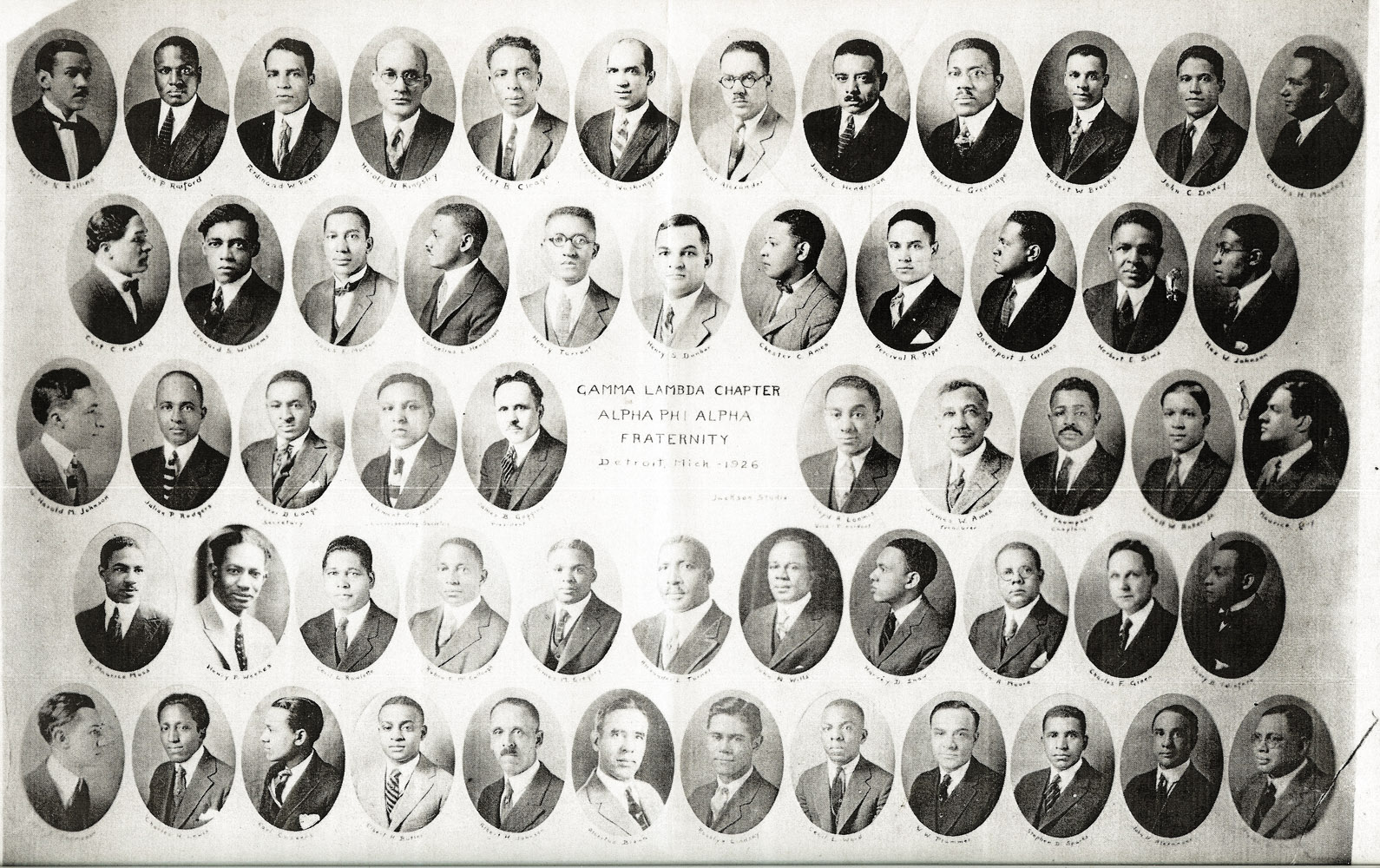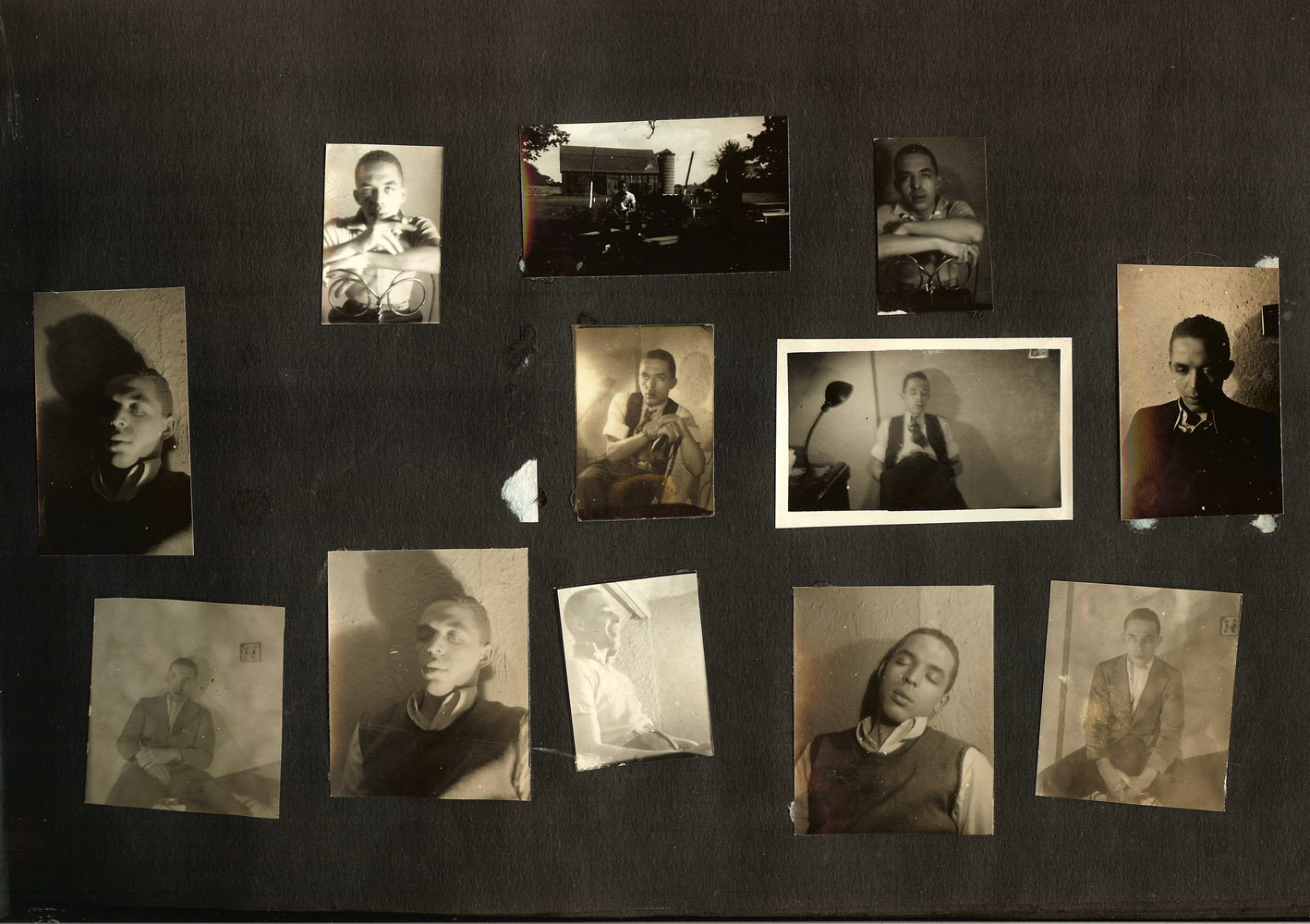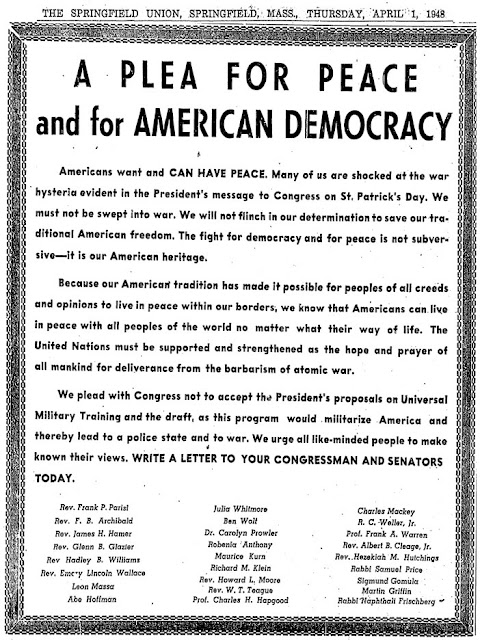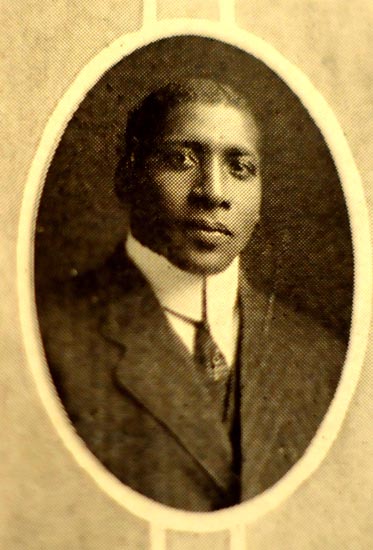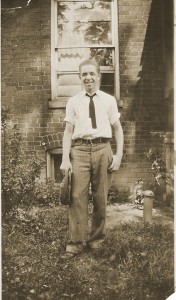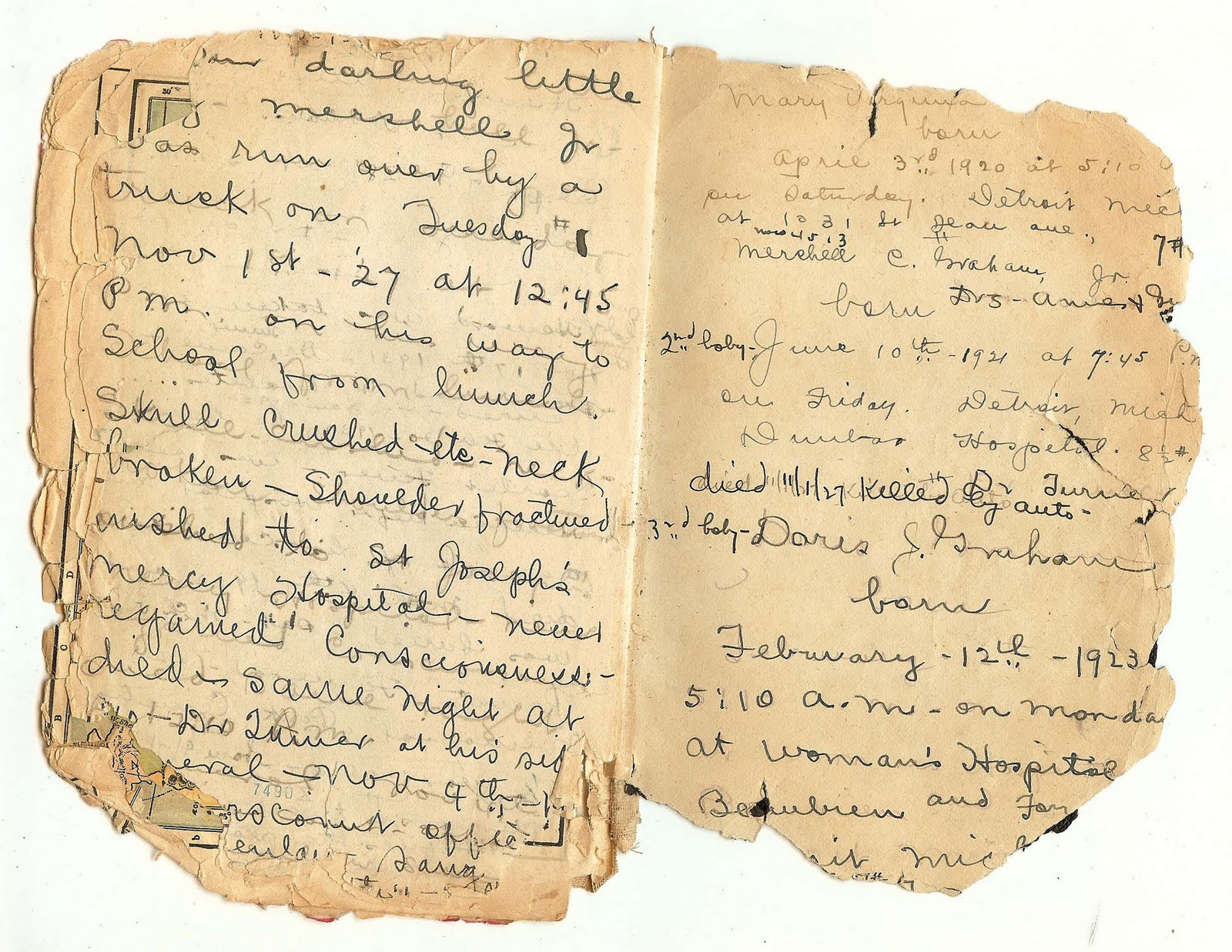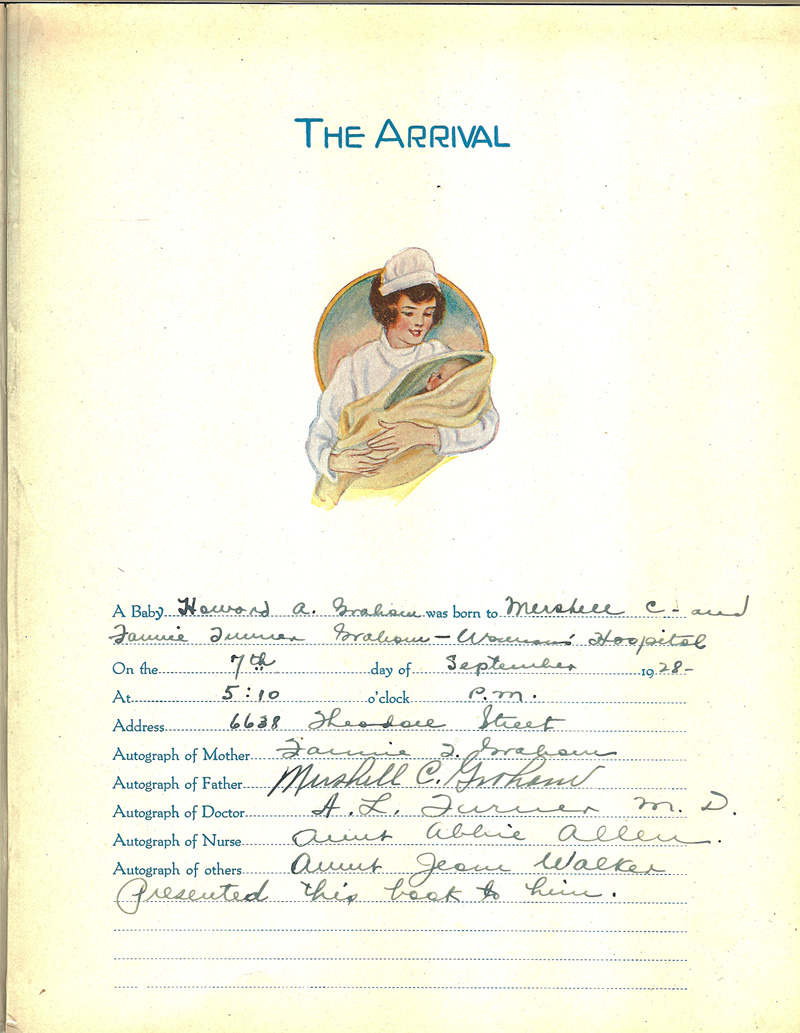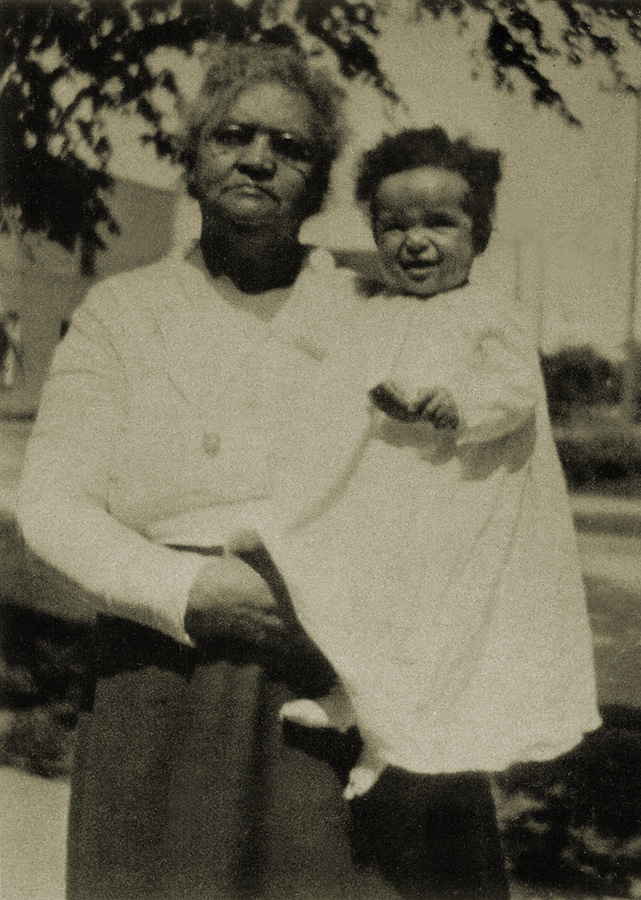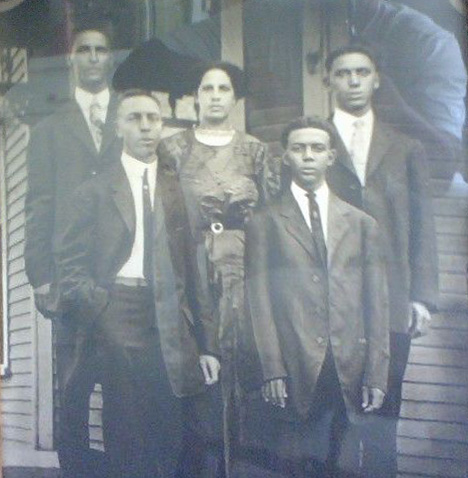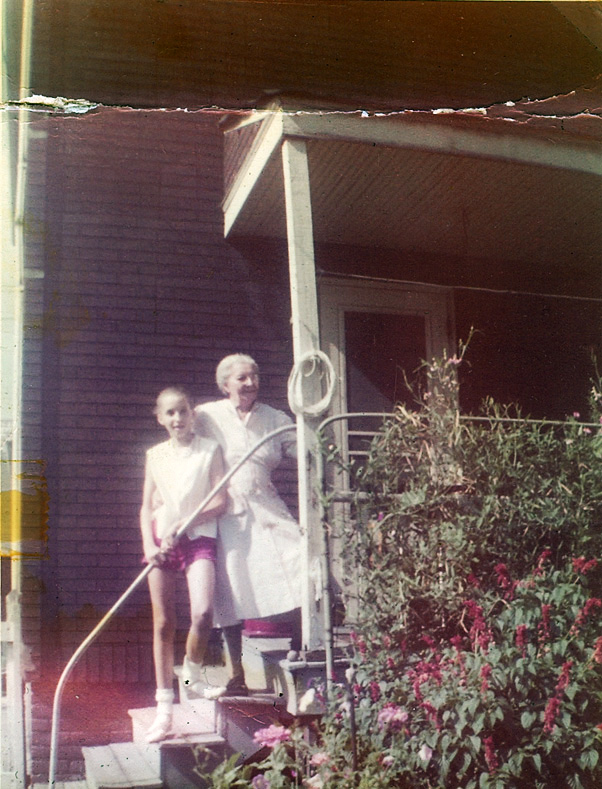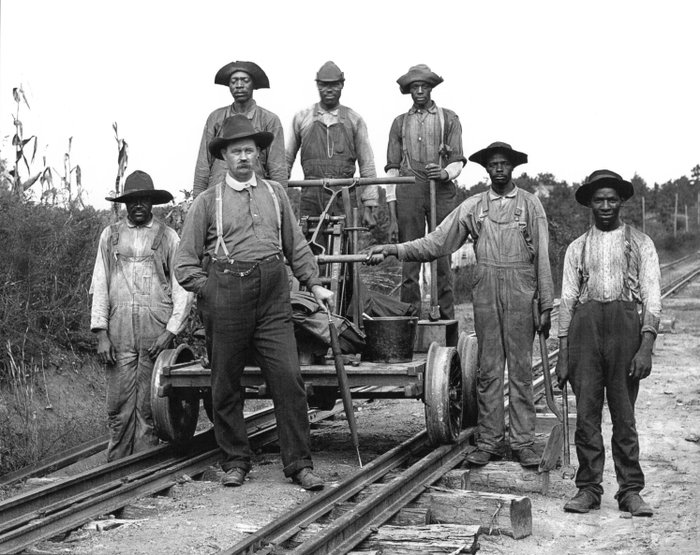My grandfather, Albert B. Cleage Sr is 5th from the left, top row. Dr. Ames, who I talked about here Births, Deaths,Doctors and Detroit – Part 2- The Doctors & Detroit in the 1920s is 7th from the left in the 3rd row down.
All posts by Kristin
My 23andme DNA Test Results
Several months ago 23andme was running a special for African Americans, in order to broaden their genetic base. The price was right (free) so I signed up and received my spit test kit in a timely fashion. I sent it back, curious about what my percentages of DNA from the various continents would be. After a wait of 5 or 6 weeks I was informed that my results were posted. There they are above. None of this was surprising to me. Looking at myself and my relatives I knew there was some European DNA in there. My father’s sister and I had done an Mtdna test awhile ago and both my maternal and paternal grandmother’s lines back to West Africa. The small amount of DNA from Asia, I learned from the 23andme website, could be Native American DNA or it could be from the Asian DNA found in some African’s DNA. They (23andme) cannot predict Native American DNA in African Americans yet because usually it is (they said) mixed with a small amount of European DNA and then there is that African/Asian DNA thing.
Now, as I said, none of this surprised me. And it also didn’t change the way I feel about myself or my ancestry. I know the European DNA is there but the men that “donated” it didn’t leave a story, a whisper or a name on a death certificate as a clue to who they were and where they came from. There is one exception, post slavery, that we have used reasonable clues to pinpoint – including family stories, naming patterns and geography. So, aside from the physical evidence/residue/DNA, they are invisible and likely to remain so, in spite of the “cousins” I find listed in my account.
I had not even thought about finding long lost cousins from the past. The first message I received turned out to be from an old family friend in Detroit. That was amazing and kind of funny. She and her husband were friends of my father’s family for decades and to get a message from her daughter saying we are possible 5th cousins was nice. We don’t know which side of the family we are related through, and I don’t see how we can ever trace it, but it’s nice anyway. I would like to hear from that possible 2nd cousin who hasn’t contacted me yet. That seems close enough to figure out how we’re connected. Maybe I already know them. If only it would be one of Uncle Hugh Reed’s long lost grandchildren. Or maybe my grandfather Mershell Graham’s brother’s or sister’s descendants.
My feeling is that the only way I’m going to find out where the last ancestor’s I’ve found came from, who their parents are, is to find the plantations they were on and look for the records. I don’t think I’ll find out anything shockingly new about those lines from 23andme. My husband received his kit yesterday. Can’t wait to see his percentages.
Albert B. Cleage Jr. – Album Page
Today I have posted a page from a small photo album that featured a page for each member of my father’s family, plus some family friends. The contact size photos were not very carefully pasted in and are not identified or dated. Judging by the ages of the people, I think they were taken about 1938. Which makes my father, Albert B. Cleage Jr (Also known as “Toddy” to family and friends), 27. The theme this week is a man sleeping while posing for a photograph.
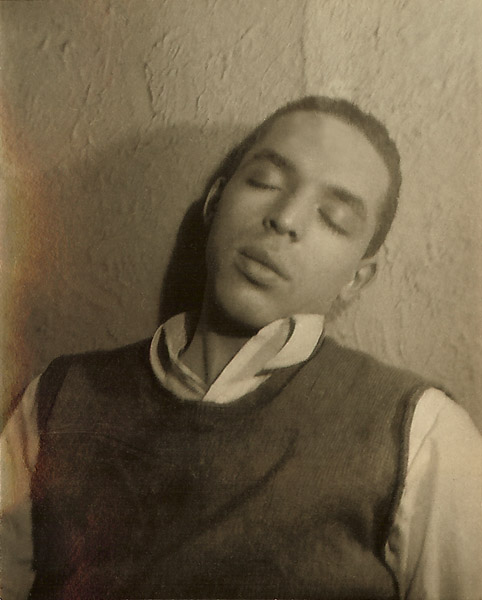 To see another page from the album, click Grandmother Pearl Reed Cleage
To see another page from the album, click Grandmother Pearl Reed Cleage
To see Sleeping (and other) Sepia Saturday offerings, click HERE.
An Interview with Rev. Albert B. Cleage Jr. – 1967/1968
My friend, historian Paul Lee, put this short clip of an interview of my father, Rev. Albert B. Cleage Jr. by Chet Huntley on You Tube. It is from late 1967 or early 1968, not long after the 1967 Detroit riot.
For a post about my experience of the Detroit riot click HERE.
For an audio of my father’s sermon the Sunday after the riot click HERE.
A Plea For Peace – Signed by Rev. Albert B. Cleage, Jr – 1948
Births, Deaths,Doctors and Detroit – Part 2
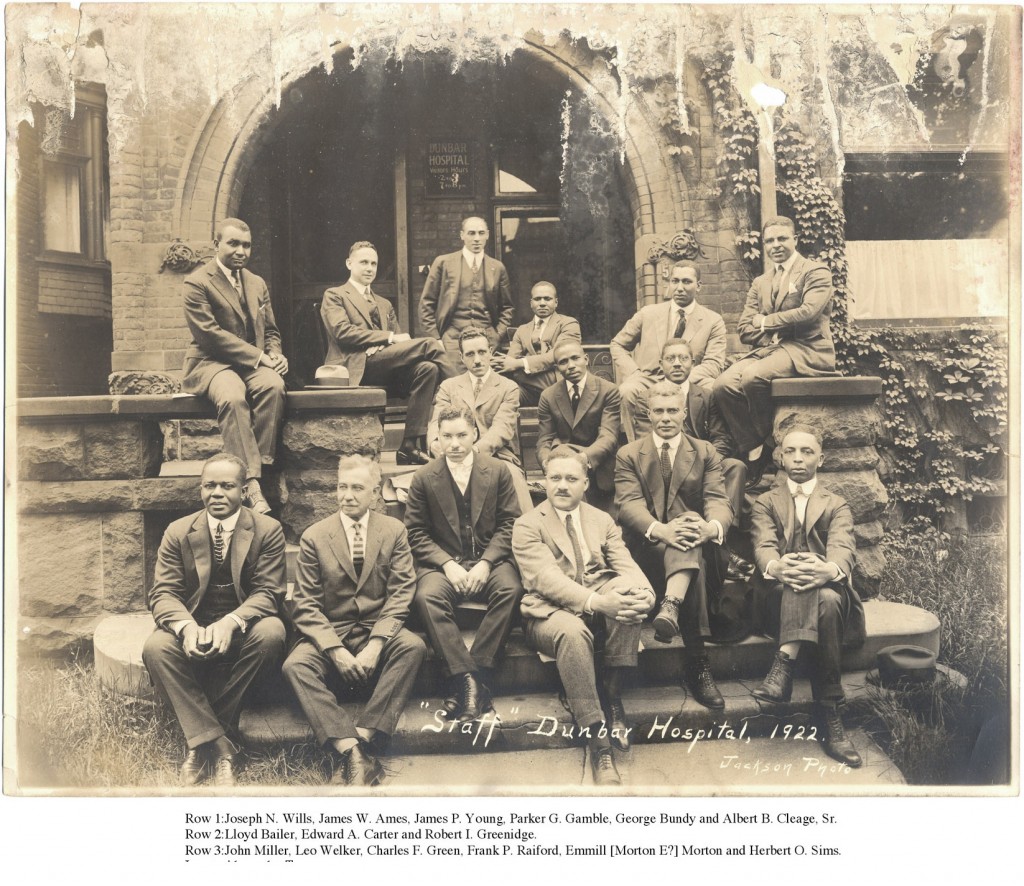
As I was transcribing my grandmother Fannie Turner Graham’s records of her children’s births and deaths, I began to wonder about the lives of Dr. Ames and Dr. Turner (no relation) who attended these events. As I read about their lives in various online sources I also learned about Detroit race relations, some of which I knew but I had not put them together with the lives of my family and those they knew. I also realized some tie-ins with my paternal Cleage side of the family. They all get mixed up in this post.
On April 3, 1920 Mary V(irginia) Graham was born at home with Dr. Ames attending. My mother, Doris Graham Cleage did not remember him fondly. “It was a very difficult delivery, labor was several days long. The doctor, whose name was Ames, was a big time black society doctor, who poured too much ether on the gauze over Mother’s face when the time for delivery came. Mother’s face was so badly burned that everyone, including the doctor, thought she would be terribly scared over at least half of it. But she worked with it and prayed over it and all traces of it went away. Mary V’s foot was turned inward. I don’t know if this was the fault of the doctor or not, but she wore a brace for years.”
Dr. James Ames came to Detroit in 1894 after graduating from Straight University in New Orleans and Howard University Medical School in Washington D.C. He was elected to the Michigan State House of Representatives from Wayne County’s 1st district for a two year term, 1901-1902.
In 1900 the total population of Detroit was about 285,704. When my paternal grandparents, Albert B. and Pearl Cleage, moved their family to Detroit in 1915 the black population was about 7,000. By the time my maternal grandfather, Mershell C. Graham, arrived in 1917 the black population had soared to over 30,000.
Black doctors were routinely denied admitting privileges at white hospitals. This meant their patients had to be admitted to the hospital by a white doctor. They were sometimes also denied the right to treat their patients once they were admitted. Often hospitals had segregated wards and once they were full, black patients had to find another hospital. In 1918, 30 black doctors came together and founded Dunbar Hospital. Dr. Ames was Medical Director and Dr. Alexander Turner was Chief of Surgery. My grandfather Dr. Albert B. Cleage was one of the doctors. Dr. Ames is first row second from left in the photo of the Dunbar staff above. My grandfather is first row, last one to the far right.
Fannie Graham’s second child, Mershell C. Graham Jr, was born June 10, 1921 at Dunbar Hospital with Dr. Turner in attendance. In that same year, membership in the Ku Klux Klan in Detroit totaled 3,000. The third child, my mother, Doris J. Graham, was born February 12, 1923 at Women’s Hospital with Dr. Turner attending. By that time membership in the KKK in Detroit was 22,000. In November of that year between 25,000 and 50,000 Klan members attended a rally in Dearborn township, which is contiguous with Detroit’s west side.
By 1925 Detroit’s total population was growing faster than any other Metropolitan area in the United States, the black population was over 82,000. Housing segregation was widespread, although there were neighborhoods such as the East Side neighborhood where the Grahams lived that black and white lived together without friction. Perhaps the area wasn’t posh enough to invite trouble. Maybe the large number of immigrants accounts for it. Unfortunately that was not the story citywide as people began to try and move out of the designated black areas into the other neighborhoods. Families moving into homes they had purchased were met by violent mobs that numbered from the hundreds into the thousands. This happened in 1925 during April, June, twice in July and in September.
RoNeisha Mullen and Dale Rich The Detroit News
While writing this I realized that in 1925, my father, Albert B. Cleage Junior, was 14 and attending Northwestern High school with the children of the families that forced Dr. Turner out of his home. The elementary schools for both communities fed into Northwestern High School, which my father and his siblings attended. No wonder my grandmother Pearl Cleage is famous for going up to the school and fighting segregated seating and other inequalities practiced at the time. Ironically, in the ’60s when my sister and I were living on Oregon Street, several blocks from where Dr. Turner tried to move in, and attending Northwestern High School, the community was 99 percent black.
On November 1, 1927 Mershell C. Graham Jr was killed when he was hit by a truck on the way back to school after lunch. He was taken to St. Joseph Mercy Hospital, a Catholic Hospital on Detroit’s East side. Dr. Turner was there with him when he died.
On September 9, 1928 Howard Alexander Graham was born at Woman’s Hospital with Dr. Alexander Turner attending. By 1930 Detroit’s population was 1,568,662. On March 4, 1932, Howard Graham died. I know that his first name was that of Fannie’s father. I wonder if his middle name, Alexander was for Dr. Alexander Turner.
Some links you might find interesting:
Part 1 – Births, Deaths, Doctors and Detroit – Grandmother Fannie’s Notes
The Sweet Trials: An Account
Click For other Sepia Saturday Posts
Births, Deaths,Doctors and Detroit – Part 1- Grandmother Fannie’s notes

From the back pages of my grandmother Fannie Turner Graham’s Bible
“Our darling little Mershell Jr. was run over by a truck on Tuesday Nov. 1st – ’27 at 12:45 PM. on his way to school from lunch. skull crushed etc. – Neck broken – shoulder fractured- rushed to St. Joseph’s Mercy Hospital – never regained consciousness – died – same night at 2:10 – Dr Turner at his sid(e) (Fun)eral-Nov 4th … (Lavi)scount offic(iated) sang….”
Mary Virginia born April 3rd 1920 at 5:10 AM on Saturday. Detroit Mich at 1031 St. Jean Ave, 7 #. Dr. Ames & …
2nd baby – Mershell C. Graham, Jr. born June 10th – 1921 at 7:45 PM. On Friday. Detroit, Michigan. Dunbar Hospital. 8 1/2# Dr. Turner. Died 11/1/27 killed by auto.
3rd baby – Doris J. Graham born February – 12th – 1923. 5:10 A.M. – on Monday at Women’s Hospital Beaubien and For(est) Detroit, Michigan 7#
Two pages from Howard Alexander Graham’s baby book.
The Arrival
A baby Howard A(lexander) Graham was born to Mershell C. and Fannie Turner Graham – Woman’s Hospital.
On the 7th day of September 1928 at 5:10 o’clock P.M.
Address 6638 Theodore Street.
Autograph of Mother Fannie T. Graham
Autograph of Father Mershell C. Graham
Autograph of Doctor A.L. Turner M.D.
Autograph of Nurse Aunt Abbie Allen
Autograph of others Aunt Jean Walker presented this book to him.
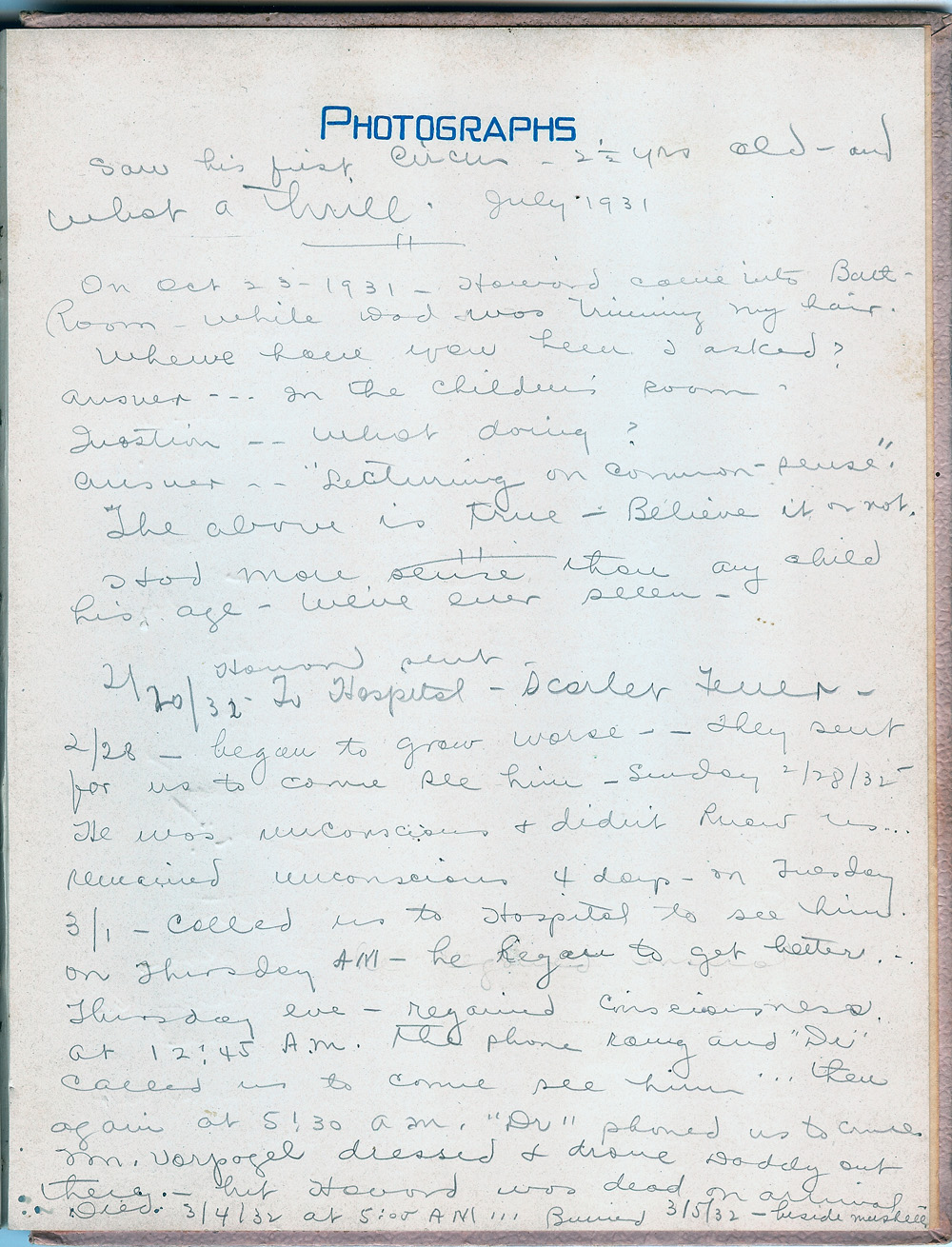
Photographs
Saw his first circus – 2 1/2 years old – and what a thrill. July 1931
On Oct 23 1931 – Howard came into bathroom while Dad was trimming my hair.
Where have you been I asked?
Answer …In the children’s room.
Question—What doing?
Answer – “Lecturing on common-sense.”
The above is true – Believe it or not.
Had more sense then any child his age we’ve ever seen.
***********
2/20/32 Howard sent to hospital – scarlet fever.
2/28 – began to grow worse – they sent for us to come see him –Sunday 2/28/32 – He was unconscious and didn’t know us…remained unconscious 4 days
On Tuesday 3/1 – called us to Hospital to see him.
On Thursday AM he began to get better.
Thursday eve – regained consciousness. At 12:45 AM. The phone rang and Dr. called us to come see him…
Then again at 5:30 a.m. “Dr” phoned us to come. Mr. Vorpogel dressed and drove Daddy out there – but Howard was dead on arrival. Died 3/4/32 at 5:00 AM…
Buried 3/15/32 – beside Mershell.
*****************
What did Louis Cleage Look Like?
Lewis Cleage is one of my ancestors that I do not have a photograph of. Above is a photograph of his wife, Celia Rice Sherman holding their granddaughter Barbara Cleage Martin.
This photograph includes their five children. In the front are Albert B. Cleage Sr. (my grandfather), Josephine (Josie) Cleage and Edward Cleage. Behind Albert is Henry and behind Edward is Jacob (Jake).
Below are several descriptions and stories of Lewis by grandchildren who never met him.
Lewis Cleage and Celia were married and had young children. One of them was grandfather Cleage. Lewis C. worked all day for 50 cents. Celia worked all week for 50 cents. He often spent his on good times before he got home. Many nights he spent in jail – drunk – playing the guitar and singing! One evening she waited for him where he worked so she could get him and the money home before he spent it. He had had a drink or two and was cussing and threatening her as they went down a country road toward home. She was hanging on to him and crying. A passing white man stopped them, cursed Lewis, told him to stop abusing his wife, etc. And if he heard in future about him abusing her, he would find him and kill him. They never saw him again, until…
About twenty years later Celia was on the train going to see her children – who were now grown with children of their own. A white man on the train spoke to her. Asked if she wasn’t the same woman he had seen on the country road, etc., etc., and asked how she was!
Thought you would enjoy this. Louis remembers everything – knows lots of good stories.
Story by Louis Cleage (grandson) as told to Doris Graham Cleage. 1-29-79
Grandfather Louis: Tall, big-boned man in stature, heavy voice, coarse hair.
As described by Juanita Cleage Martin (granddaughter) in her writing “Memories to Memoirs” 1990
Lewis Cleage was a large, dark skinned man. He spent a lot of time playing his guitar, drinking and landing in jail. They could hear him in the cabin over at the jail, singing and playing the guitar. He’d get drunk, they’d throw him in jail. He was born in Louden, Tennessee and was shot early on, leaving Celia a widow.
As described by Henry W. Cleage (grandson) to Kristin Cleage Williams 1990s
According to his death certificate, Lewis Cleage didn’t die until 1918 in Indianapolis, Indiana. He died of Lobar pneumonia. I think I need to figure out how to find court records and see if I can find him there.
Steps
I look so comfortable leaning into my grandmother. Nannie was 71. It was almost back to school time. One more year ahead at McMicheal Junior High for me. Right now I’m wishing I could go back there again, even for just one of those Saturdays in my grandparents backyard.
Louis Cleage – Work Day Wednesday
By 1880 Louis was married to my great grandmother, Celia Rice Cleage, and 4 of his 5 children had been born. My grandfather, Albert, would not be born until 1882. Louis’ age was listed as 28 and he was farming in Loudon County, Tennessee.
By 1900 Louis and Celia were no longer together. Celia lived in Athens, Tennessee with her second husband, Roger W. Sherman. The children lived with her and were attending school. Louis was working as a furnace laborer in the iron and steel industry that had grown up in Birmingham, AL. He had not been unemployed during the past year.
According to The Encyclopedia of Alabama: “The companies kept labor costs low by employing black workers, who came from depressed agricultural areas and supplied cheap labor. And the coal used to fire the furnaces was largely mined by forced convict labor leased to the companies at very low rates by the state and county governments.”
In the 1910 Census Louis Cleage was in the Chattanooga, Tennessee area working as a railroad laborer. He was enumerated in a railroad camp. He was listed as 54 years old and had been in his second marriage for 11 years. He was a wage worker and has not been unemployed during the past year, including the day before this census was taken, April 29, 1910. At age 54, there were only two men in the camp older than he was – 56 year old Lee McConnel and 70 year old Fate Parker. Most of the men are in their 20s and 30s with a good number in their late teens.
I got the idea for this post on the Blog, Reflecting on Genealogy.
